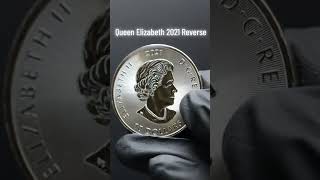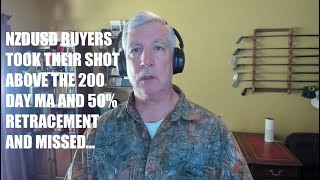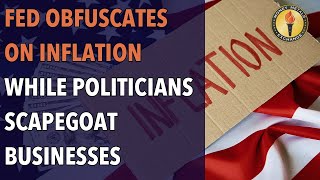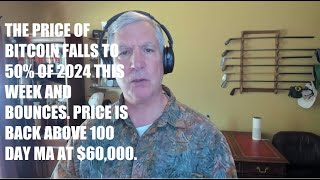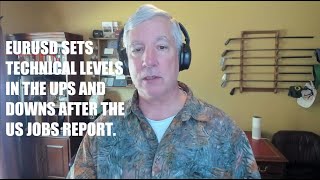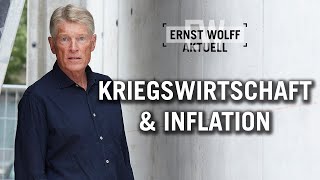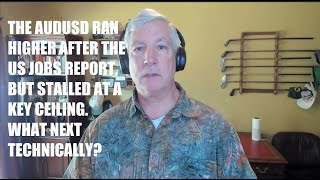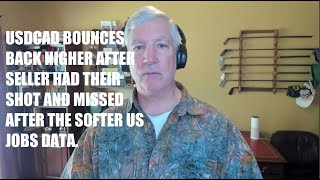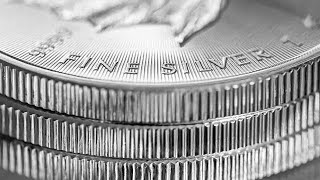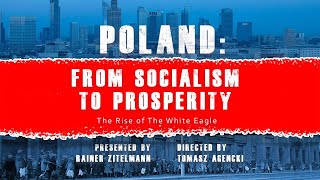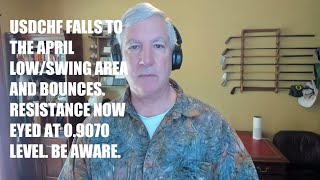| [Join YAPSS Membership, For Early Access to New Videos] https://www.youtube.com/channel/UCpzAAXa2cvyEnfc7rurcCcQ/join In this episode, Warren Buffett and Charlie Munger were asked to share their views on the potential fallout from the rampant speculation in the high tech and internet arenas for the general economy? In this episode, you’ll learn: #WarrenBuffett #CharlieMunger #BerkshireHathaway [Transcript] AUDIENCE MEMBER 00:08 And I’m sure I know a lot that would trade one in the hand for two in the bush — (Laughter) — irrespective of the interest rate. (Laughter) I have two small questions. Firstly, with the speculation, and some would say rampant speculation, in the high tech and internet arenas, could you share your views on the potential fallout from the speculation for the general economy? And secondly, how long did it actually take you to perfect that curveball, and are we going to see it tonight? WARREN BUFFETT 01:00 Ernie Banks may be in the audience, I know he’s in town, and I just can’t afford to do that. But you’ll see it tonight, and you can describe it anyway you’d like. The question about the high tech stocks and possible fallout, any time there have been real bursts of speculation in the market, you know that — it does get corrected, eventually. Ben Graham was right when he said that in the short run it’s a voting machine, and the long run it’s a weighing machine. Sooner or later, the amount of cash that a business can disgorge in the future governs the value it has — that the stock commands — in the market. But it can take a long time. And, I mean, it’s a very interesting proposition. For example, if you take a company that, in the end, never makes any money, but trades — changes hands — representing a valuation of 10 or $20 billion for some time, there’s no wealth created. There’s a tremendous amount of wealth transferred. And I think you will see, when we look back on this era, you will see this as a period of enormous amounts of wealth transfer, but in the end the only wealth creation comes about through what the business creates. There’s no magic to it. If a company that’s not worth anything sells for 20 billion and 5 percent of it changes hands, somebody takes a billion dollars from somebody else. But investors as whole gain nothing. They all feel richer. It’s a very interesting phenomenon. But they can’t be richer except — as a group — unless the company makes them richer. And it’s the same principle as a chain letter. If you’re very early on a chain letter you can make money. There’s no money created by chain letters. In fact, there’s the frictional cost of envelopes, and postage, and that sort of thing. So the net, there’s some money destroyed a little bit. And there’s money destroyed by the frictional cost of trading and investing, and that comes out of investor’s pockets. But the manias that periodically take place — and not just in stocks. We had a similar mania — not necessarily similar — we certainly had a mania in farmland here in Nebraska 20 years ago. And land which couldn’t produce, we’ll say, more than $70 or $80 an acre would sell for $2,000 an acre at times when interest rates were 10 percent. Well, that math will kill you. And it killed the people who bought it at those prices, and it killed a great many banks here in Nebraska who lent based on that sort of thing. But while it was going on everybody thought it was wonderful, because every farm was selling for more than the similar farm had sold for a month earlier. And it was momentum investing in farmland. And, in the end, valuation does count. But it can go on a long time, and when you get a huge number of participants playing with ever increasing sums, you know, it creates its own apparent truth for a — what can be for a very considerable period of time. It doesn’t go on forever. And whether it has fallout to the whole economy, like it probably did in the late ’20s, or whether it’s just an isolated industry where the — or sector — where the bubble bursts and it really doesn’t affect other values, who knows? But 5 or 10 years from now, you will know. Charlie? [DUE TO LIMITED WORDINGS, FOR FULL TRANSCRIPT VISIT] WARREN BUFFETT 05:39 |
Tags:
















